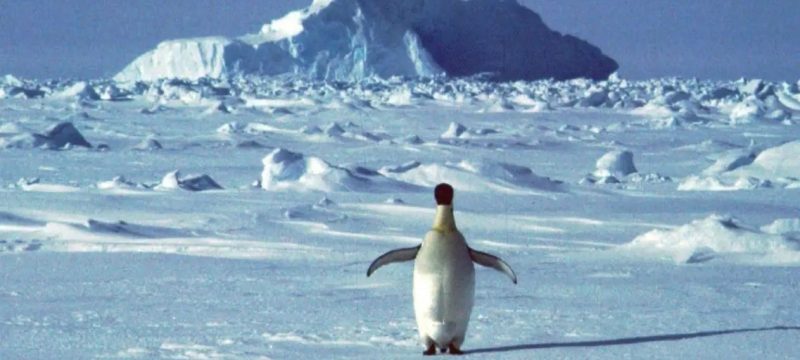Antarctica, October 2025 — Scientists have found alarming amounts of methane seeping from cracks in the Antarctic seabed. The discovery raises concerns that future climate change predictions may underestimate the region’s impact.
Methane, a potent greenhouse gas, traps nearly 80 times more heat than carbon dioxide in its first 20 years in the atmosphere. While it exists in vast reservoirs beneath the seafloor worldwide, little is known about how it escapes into the ocean and atmosphere. The recent findings show that methane release in Antarctica may be accelerating.
An international team of scientists conducted surveys in the Ross Sea using ships, divers, and remotely operated vehicles. They discovered more than 40 methane seeps at depths ranging from 16 to 790 feet. Many of these seeps appeared in locations previously studied, suggesting new and increasing activity.
Sarah Seabrook, a marine scientist at Earth Sciences New Zealand and a report author, said the findings signal a “fundamental shift” in methane release in the region. “Something that was thought to be rare is now seemingly becoming widespread,” she noted. Each new seep initially sparked excitement among researchers, quickly replaced by concern over its environmental implications.
Methane escaping from the Antarctic seabed could accelerate global warming if it reaches the atmosphere. Scientists warn that these seeps could create a feedback loop, where rising temperatures increase methane release, which in turn amplifies climate change. The potential impacts on marine ecosystems are also a concern, though they are not yet fully understood.
Andrew Thurber, a marine biology professor at the University of California, Santa Barbara, described the Antarctic seeps as “like a dangerous animal — amazing to study, but potentially hazardous if underestimated.” He emphasized that continued human-driven warming could transform Antarctica from a natural laboratory into a climate danger zone.
The research team plans to return to Antarctica for two months to conduct further analysis of the seeps. Understanding these methane releases is critical for improving climate predictions and assessing their global impact.
The study, published this month in Nature Communications, highlights the urgent need for continued research on methane dynamics in polar regions. Scientists hope that monitoring these seeps will provide insight into how climate change is accelerating and inform global mitigation efforts.
In other news also read about Trio of Scientists Wins Nobel Prize for Immune System Breakthrough









